Formed in 2010, the College of Agriculture, Urban Sustainability & Environmental Sciences (CAUSES) was established as a land-grant college at the University of the District of Columbia. Through applied teaching and research, our mission has been to improve the lives and economic opportunities of residents in our area and beyond. From hands-on learning to cutting-edge research, UDC-CAUSES offers academic degree and community education pathways for every stage of your journey.
- Academic Programs: Bachelor's through Doctoral degrees
- Community Workshops: Online, Hybrid & On-Campus
- Research Initiatives: Urban Farms, Labs & Green Roof
- Community Resources: Land-grant Centers & Urban Food Hubs
- Farmers Markets
- Youth Development Programs
Apply Now!CAUSES AT-A-GLANCE






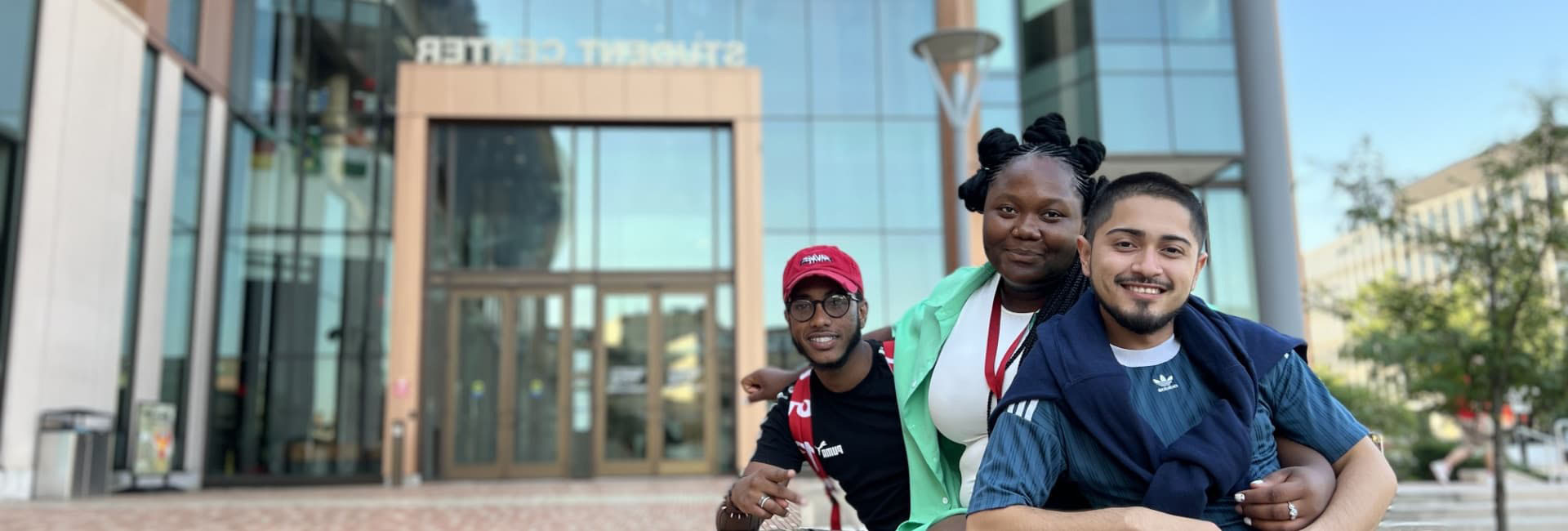

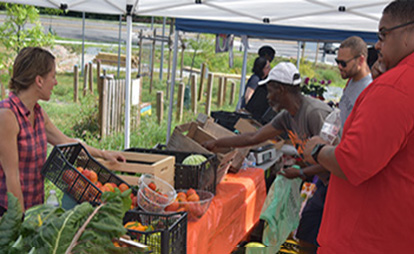
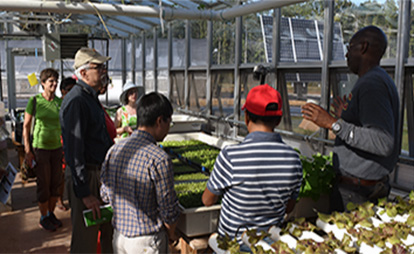
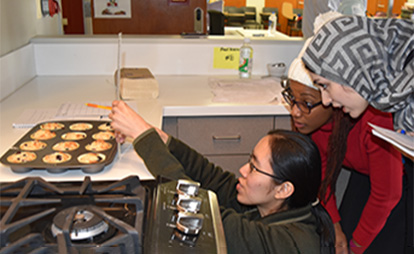



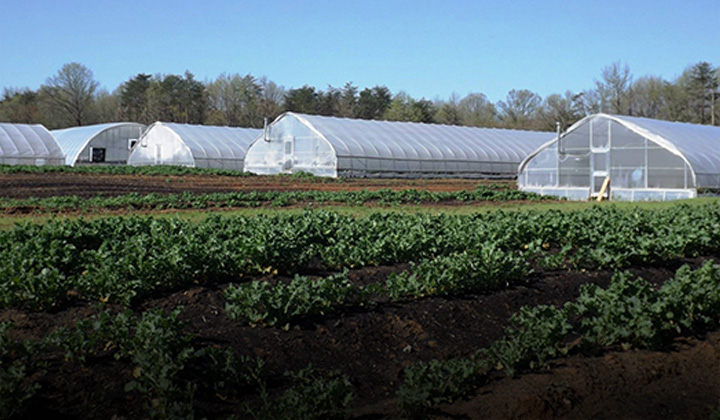
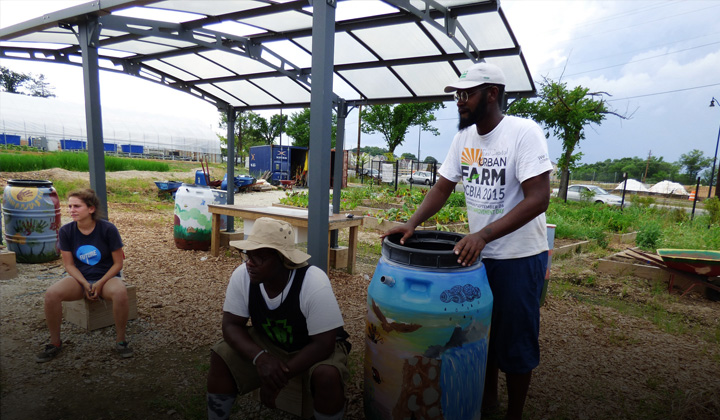
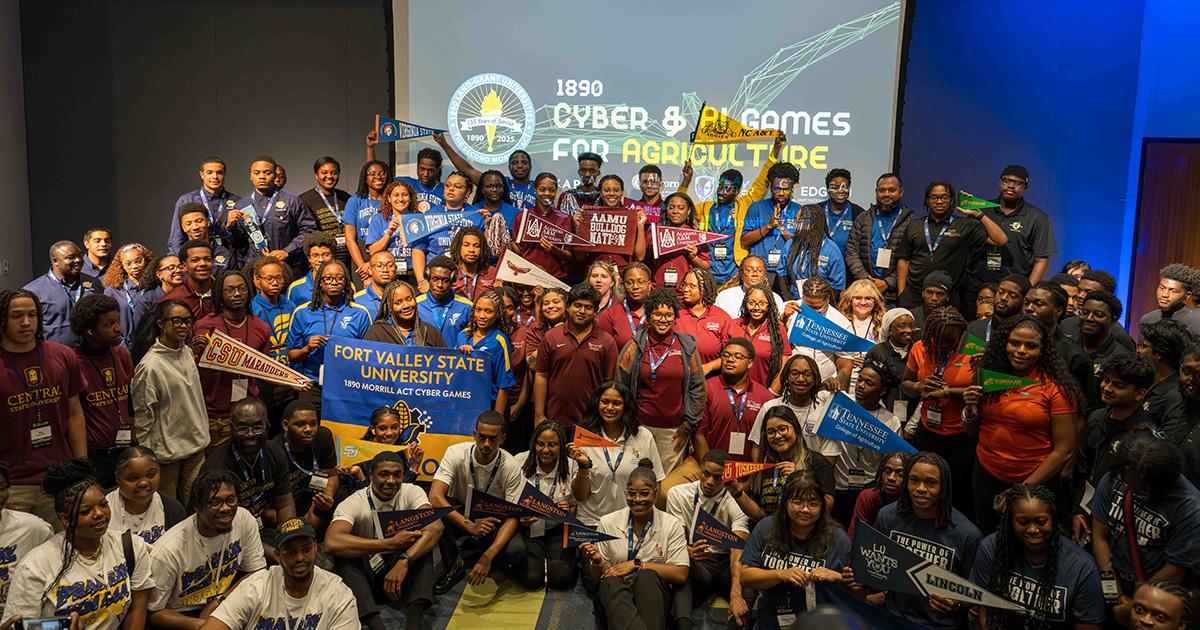
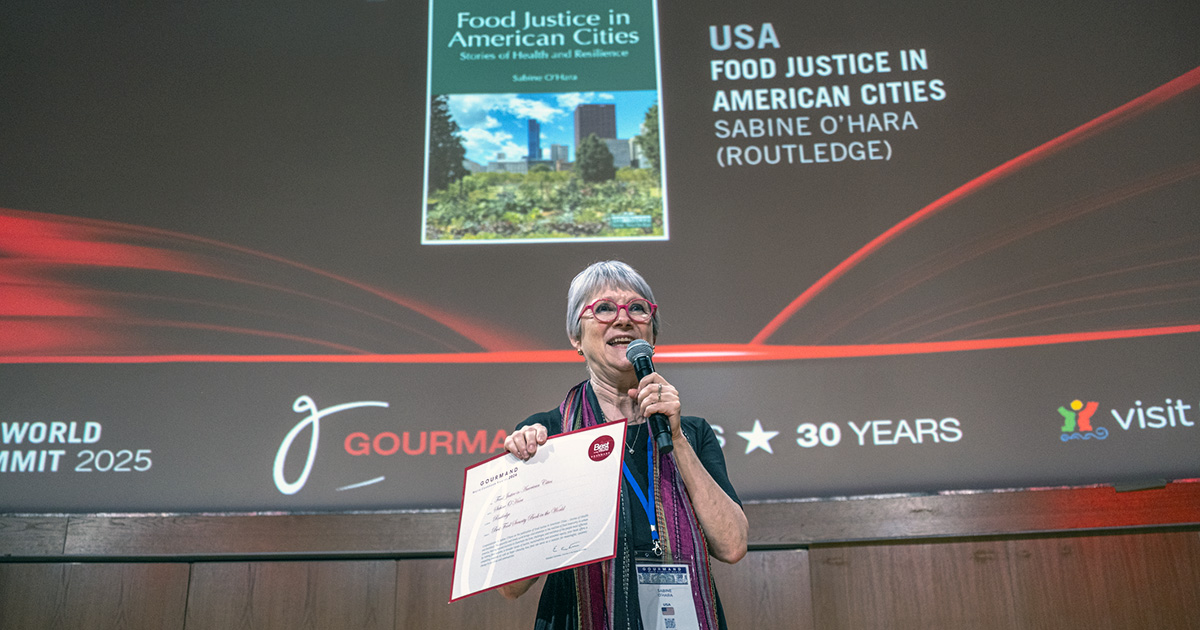

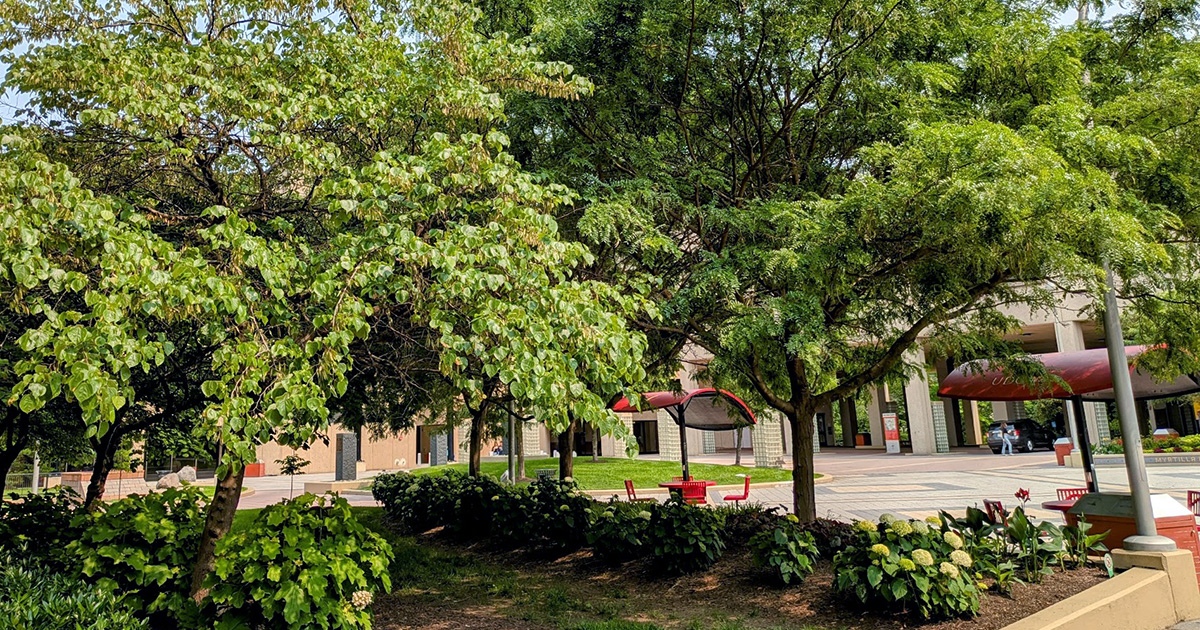
Connect With Us